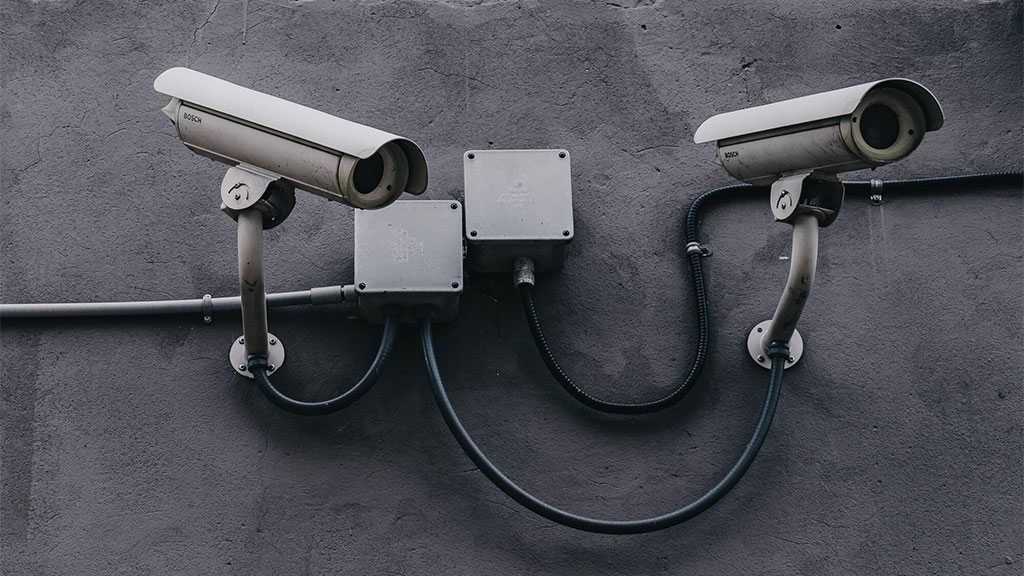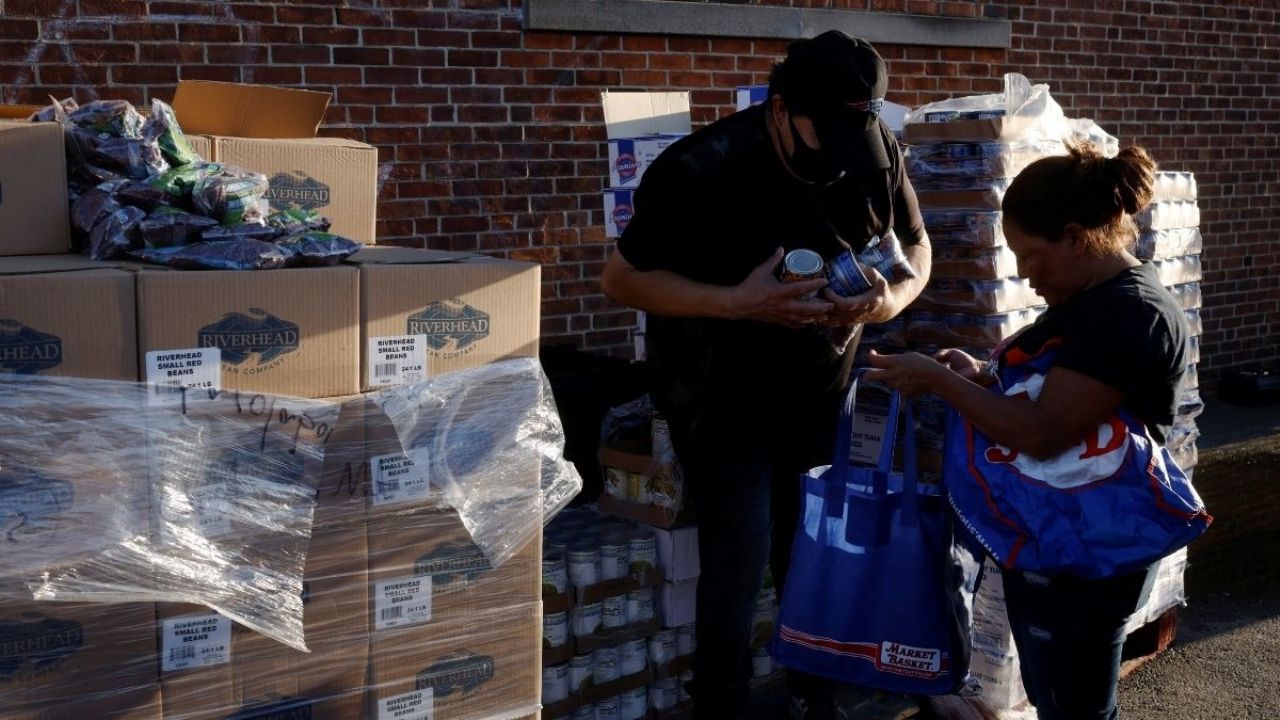
The latest government decree, as a response to the economic and social consequences of the Russian invasion of Ukraine, may give rise to some confusion. For this reason, Le Morne Brabant Lawyers explains in detail how this latest regulation affects workers and organizations
It is not forbidden to fire while the war lasts
Spanish employers can fire a worker in the current geopolitical context, that of the Ukraine War. The Russian invasion of its neighboring country does not guarantee continuity in any jobdespite some interpretations that may have been made in relation to the Decree Law Royal Decree-Law 6/2022 published in the BOE on March 29 and about which we have asked the expert lawyers in labor law of Le Morne Brabant.
For the lawyers of this office, José Carlos Avendaño and Marta Corrales, what is intended with this decree is that companies that receive aid of a diverse nature, whether for transportation, electricity, electricity or gas, cannot terminate a contract. That is, they cannot benefit from government aid that guarantees their production, and, at the same time, lay off workers because, they say, for example, they cannot afford the extremely high costs of the electricity bill.
The situation is exposed at the beginning of Title VI, under the heading “Measures to support workers and vulnerable groups” and reads as follows: «In those companies that benefit from the direct aid provided for in this royal decree-law, the increase in energy costs may not constitute an objective cause for dismissal until June 30, 2022. Failure to comply with this obligation will lead to the reimbursement of the aid received».
Aid related to raw materials
For José Carlos Avendaño, what this measure means is that, if the company avails itself of aid related to raw materials and fuel or other benefits such as subsidies and deferrals in tax matters, and dismisses an employee, it may find itself with a zero dismissal. will have to returnat the same time, the money received in the form of state aid.
Likewise, the article continues, companies that take advantage of the measures to reduce working hours or suspend contracts regulated in the Article 47 of the Workers’ Statute for causes related to the invasion of Ukraine and benefiting from public support may not use these causes for dismissal.
In relation to these causes “related to the invasion of Ukraine”from Le Morne Brabant it is considered that the decree refers, rather, to a socioeconomic context that begins with the pandemic and is prolonged by the Russian invasion, and that is characterized by an increase in the price of gas and oil and by the shortage of other materials raw materials and minerals. All this marked by the most striking inflation.
It is stated in the text of this decree, in which urgent measures are adopted within the framework of the National Plan in response to the economic and social consequences of the war in Ukraine, that these measures are the lowering of energy prices for all citizens and companies, support for the most affected sectors (energy, transport, agriculture, fishing, livestock, etc.) and the most vulnerable groups, in addition to reinforcing price stability.
It is, they clarify literally, limit the economic and social costs of the distortion of a geopolitical nature in the price of gas, stemming the inflationary process and facilitating the adaptation of the economy to this situation of a temporary nature, at the same time reinforcing the foundations for economic recovery and the creation of quality employment .
The validity of this rule extends until June 30, but how long will Russian aggression continue on Ukrainian territory? Furthermore, how long will the consequences of this war continue to be suffered structurally throughout the world? The most likely, answers Marta Corrales, is that there will be a successive renewal of the decree, as has been happening with the ERTES.



